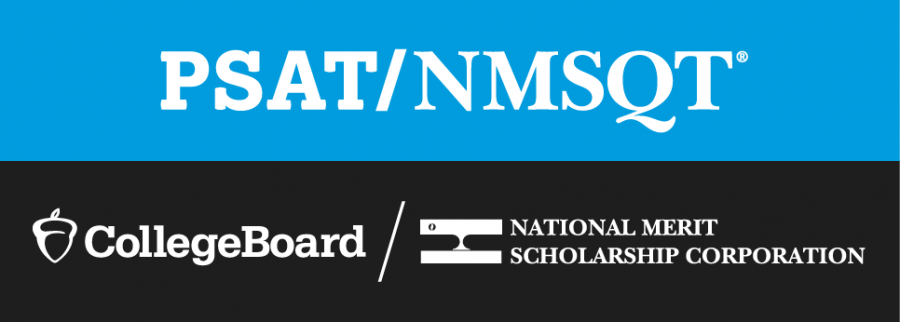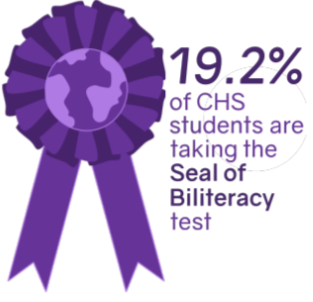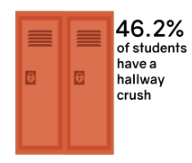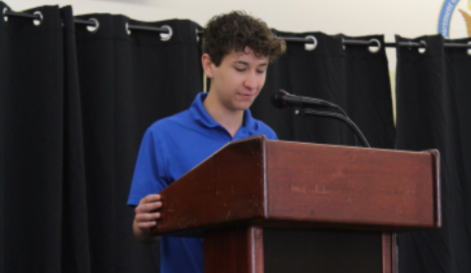PSAT memes violate contract, help students relax after testing
Each fall, students across the nation participate in PSAT testing. The PSAT prepares students for the SAT and allows some test takers to qualify for National Merit Scholarships.
November 21, 2018
On Wednesday, October 10, following the PSAT/NMSQT examination, an unusual thing filled cafeteria’s and hallways around the nation: laughter.
Following the test, students all over the country posted inside jokes about test questions and content on social media sites. These PSAT “memes,” according to The Washington Post, have been around since at least 2013.
Many students, such as Georgia Trentalage of Middletown, find these jokes beneficial after a long period of testing. Trentalange saw the memes on Instagram following the exam.
“Last year I thought they were funny because it was my first time taking the PSAT and they came as a welcome surprise after being stressed,” Trentalange said. “I think that they bring students together, in a way.”
Although these memes elicit a positive response from students, they are a direct violation of a contract students sign before taking the assessment. By signing, students agree not to share test information online or with any other people. Many PSAT memes breach this contract directly. Guidance counselor Sandra Gidos says that violating this agreement has severe repercussions.
“I wouldn’t want our students to participate in anything like that because it can invalidate their scores,” Gidos said. “During the summer, there was a big thing with the actual SAT’s… and some scores were cancelled.”
In response, the College Board took to social media to discourage students from breaking the rules. One tweet addressed students directly, telling them to “create memes responsibly — don’t share test content.”
A College Board spokesperson further explained the consequences of sharing answers online.
“If there is any case of that, that is a fraudulent case,” the spokesperson said. “If it was brought to our attention, we could further investigate on that.”
Many students do acknowledge the risks, but are willing to face the consequences for a laugh. Sophomore Steven Ostrom of Lincroft didn’t share any information or make any memes online, but got a laugh from seeing them on social media sites.
“I think that the PSAT memes are worth the risk of invalidated scores, because after three hours of high stress, we need some comedic relief,” Ostrom said. “And what’s a better tactic than using the test itself?”















